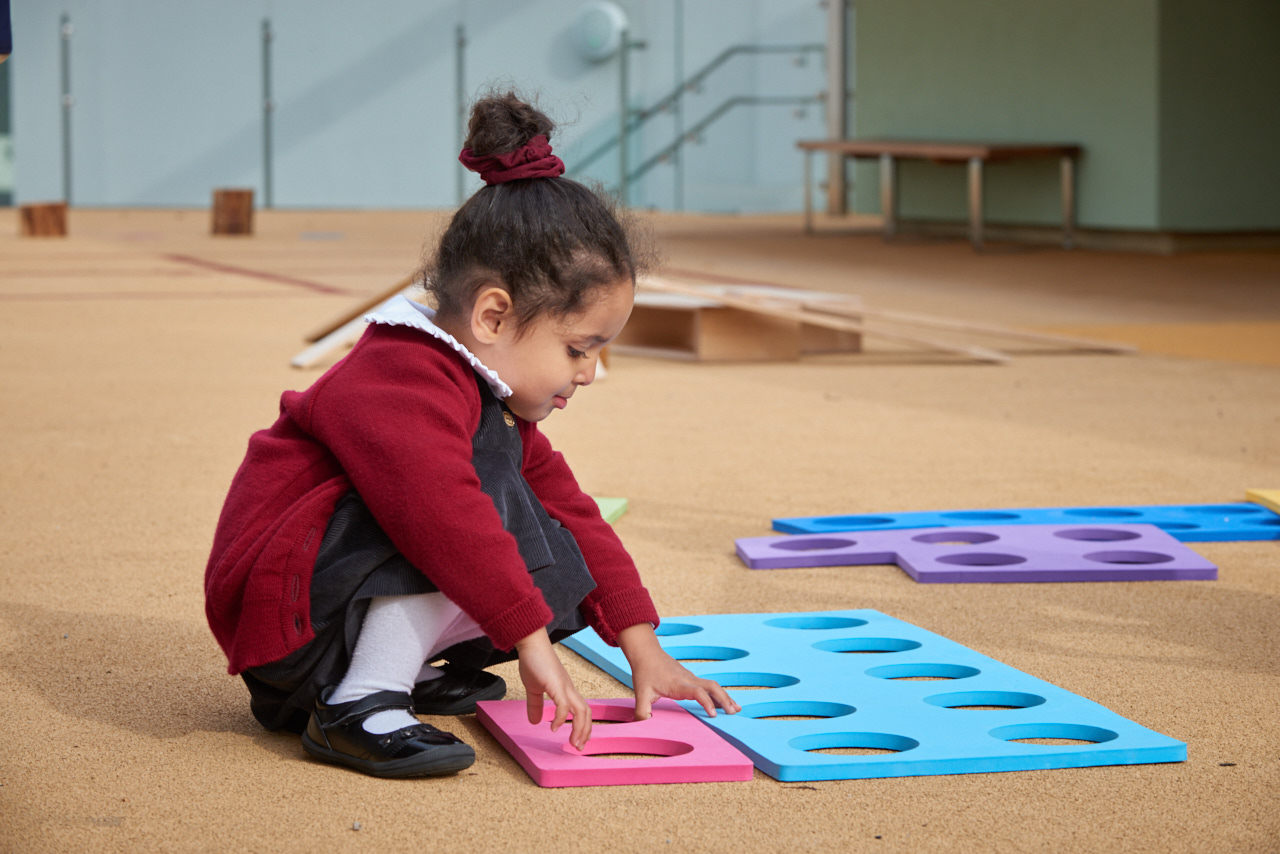
This is PD Tonight, your news source from China.
__________
Europe's first Chinese-English bilingual school bridges cultures

Professor Hugo de Burgh: founder of Kensington Wade
Editor's note: Kensington Wade is the first prep school in the UK to offer an immersive English and Chinese education from ages 3 to 11. The founder of Kensington Wade, explains to People's Daily app recently why he wants this school to be bicultural as well as bilingual.
China respects its culture, so do we. Today it seems that Chinese youth view themselves as actors in the renaissance of their civilization, which they regard as having values and achievements equal to any on the planet.
For admirers of China, this is a wonderful moment. As China is recovering the leading position it had in the 18th century, when it was the most advanced society on earth, so more and more Anglophones want to understand China, not merely because of its cardinal economic influence, but because its inherited culture offers an alternative take on the world and how to live.
What is a bicultural school?

A pupil from Kensington Wade. (Photo: from the offical website of Kensington Wade)
So far there is only one bicultural school in Europe, Kensington Wade. Other schools which have Chinese classes just teach language and hope the children will gain a basic competency in elementary spoken Chinese. A bicultural school such as Kensington Wade – where all subjects are taught in, and the pupils do 50 percent of the day' s classes in both languages - recognizes the distinctness of the two cultures and prepares pupils to adapt between the two.
How do we distinguish Chinese and Anglophone culture?
Anglophone individualism drives the expansion of English around the world, the development of North America and Australasia, and the industrial revolution. In the 21st century it is arguable that the aggressive individualism of the Anglophones is less appropriate in today’s world than before.
Today, people all over the world recognize the need for cooperation to solve problems common to all countries and classes, and for the collective approach in modern industries and research projects. China’s culture may be more apposite, because it is communitarian, emphasizing mutual inter-dependence, social responsibility and respect for learning through experience.
Why does this matter?
First it matters to our Chinese pupils because without it they could lose the ability to interact in and function well in their own culture. It matters to Anglophones, because they need to get used to a world in which their model is no longer the only one.
As is more and more evident from public discussion in the Anglosphere, individualism has its negative side. Adopting Chinese approaches can temper the anti-social aspects of individualism just as English approaches can gentle the rigour of Chinese schooling. In a bicultural environment, children must be able to switch between different types of thinking, so that they can absorb the treasures of Chinese culture, too.
(Produced by He Jieqiong; article from People's Daily app)


